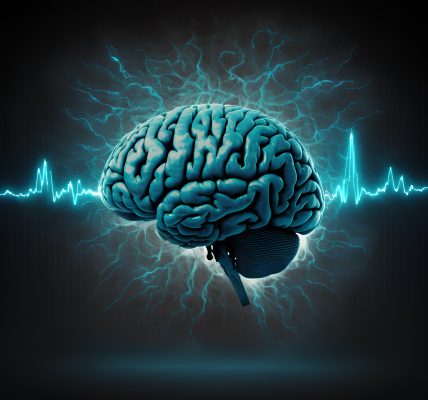Hooked On Phonics: When Playing Music Becomes an Addiction

Many of the world’s greatest musicians have something in common: They practice their instruments incessantly. Cellist Yo-Yo Ma and pianist Lang Lang are both known to practice for hours every day. Saxophonists Charlie Parker and Sonny Rollins had legendary practice routines spending hours moving a tune through all different key signatures and time signatures. Saxophonist John Coltrane practiced so much he would play in the men’s room on set breaks.
Many musicians also have problems with substance abuse, including several just mentioned. Often, the struggle with substance abuse is portrayed as an occupational hazard. Musicians are entertainers and they perform at celebrations, parties, and concerts where substance abuse is part of the environment.
Beyond the abundant availability of addictive substances, professional musicians also face stage fright from live performance in front of an audience. High-end musicians get prescriptions for anxiety medications and low-end musicians tend to use whatever is handy to calm their nerves enough to play.
Is there something beyond the anxiety of performance and the availability of substances of abuse that ensnares the professional musician? Is there something addictive about playing music that compels musicians to excessively practice, damaging their reward systems in a similar manner to drugs of abuse?
Yes, indeed, there is such a thing as an addiction to playing music. It is reported in an oft-cited study in the the journal Psychomusicology: Music, Mind, and Brain. It results in musicians who “continue to practice through practice-induced pain” and who have “psychosomatic disorders at deprivation.”
The ability to make music can result in an intense feeling of euphoria that can drive a young learner back to the instrument. That’s a good thing. But when you stop playing and feel let down, it’s maybe time to keep your practice in perspective. If you keep going back to the instrument chasing that euphoria, and you play longer than you should to keep from being let down, you are training your reward system in a very dangerous way.
The impact of an addiction to playing music was documented in a 2019 study of 132 music students in Poland. Contrary to what you might think, their addiction to practicing did not improve their academic performance — it worsened it. Other problems they measured with over-practicing students included:
- high social anxiety
- higher perceived stress
- poor sleep quality
- impaired health
- decreased quality of life
In what might be an unintended pun, researchers report social anxiety was related to a lower grade point average only for those students who were “high on study addiction.” I believe they mean “ranked high” for study addiction or practice time, but the idea that students are high on practicing is not far from the biological truth. They are getting a dopamine rush from playing and withdrawal symptoms when they stop.
The Polish study indicated that 16% of music academy students were addicted to practicing, with negative academic outcomes as a result. They were using the The Bergen Study Addiction Scale — a measure of college student over-studying — to make the assessment. The Psychomusicology study found three out of 25 German music students (12%) were “at risk for dependence” using the Exercise Dependence Scale Revised. That scale is used to assess sports addiction. Like addiction itself, the two scales represent both the mental and physical aspects of the problem.
The final link in this chain of addiction has yet to be scientifically validated: Does excessive practising of a musical instrument lead to substance abuse? Excessive practicing does cause dopamine surge and withdrawal symptoms, but there is no indication the cravings transfer to substances of abuse. It could well be that if musicians find a way to check their performance anxiety and avoid over-practicing, they will have no more trouble with addiction than the average person.
Written by Steve O’Keefe. First published April 23, 2025.
Sources:
“Does excessive music practicing have addiction potential?,” Psychomusicology: Music, Mind, and Brain, September 2017.
“Study addiction among musicians: Measurement, and relationship with personality, social anxiety, performance, and psychosocial functioning,” Musicae Scientiae, January 9, 2019.
Image Copyright: dglimages.




